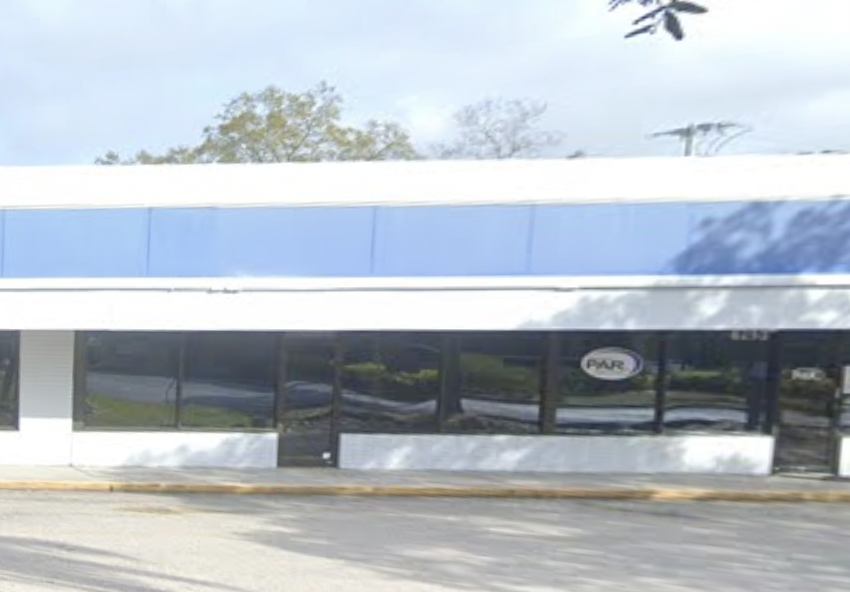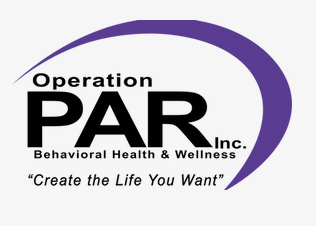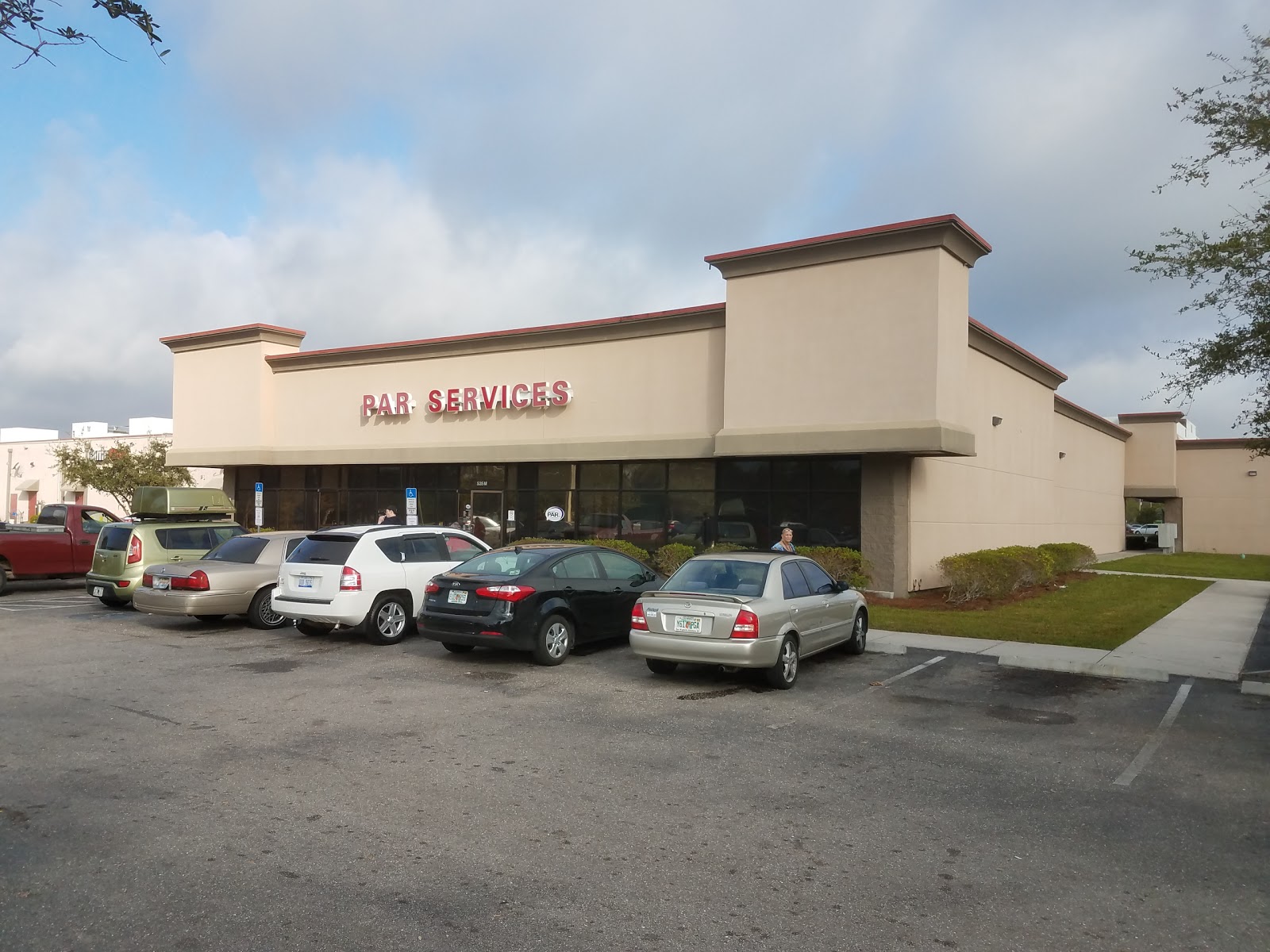Overview
Operation PAR is an accredited substance abuse treatment center that provides outpatient treatment for men and women between 18 and 65+ years of age. As part of their special programs, Operation PAR treats pregnant/postpartum women, clients who have experienced trauma, and clients with co-occurring pain and substance use disorders. To help patients achieve sobriety, Operation PAR provides intake assessments. Afterward, patients receive cognitive behavioral therapy, telemedicine/telehealth therapy, and substance use disorder counseling during treatment. Operation PAR is located in Bradenton, Florida, providing treatment for people in Manatee County, accepting cash or self-payment, medicaid, and medicare.
Operation PAR at a Glance
Payment Options
- Cash or self-payment
- Medicaid
- Medicare
- Private health insurance
- Federal, or any government funding for substance use treatment programs
Assessments
- Screening for tobacco use
- Comprehensive mental health assessment
- Comprehensive substance use assessment
- Screening for mental disorders
- Screening for substance use
Age Groups
- Adults
- Seniors
- Young adults
Ancillary Services
- Case management service
- Suicide prevention services
- Early intervention for HIV
- Opioid use disorder clients only
Accreditations
State department of health:

Government agencies issue State Licenses, granting rehabilitation organizations permission to operate their businesses legally within specific geographic regions. The licenses needed for legal operation are typically determined by the type of rehabilitation program offered by a facility and its physical location.
Commission on Accreditation of Rehabilitation Facilities (CARF):

CARF accreditation is a prestigious recognition for organizations in rehabilitation and human services. It signifies that an organization meets rigorous quality standards and is committed to providing top-notch care. Achieving CARF accreditation involves a thorough evaluation process, including on-site surveys, to ensure excellence in programs and services. This accreditation boosts an organization's credibility, assures clients and funders of quality, and promotes ongoing improvement in the field of rehabilitation and human services.
SAMHSA certification for opioid treatment program (OTP):
SAMHSA's Opioid Treatment Programs (OTP) accreditation is a prestigious recognition that signifies a program's compliance with stringent standards and guidelines established by the Substance Abuse and Mental Health Services Administration (SAMHSA). This accreditation demonstrates an OTP's commitment to providing high-quality, evidence-based care for individuals struggling with opioid use disorder (OUD). It serves as a trusted symbol of accountability and excellence, assuring patients, families, and communities that the OTP offers safe, effective, and comprehensive treatment options for OUD.
Treatment At Operation PAR

Conditions Treated
Alcoholism:
Alcohol addiction is a condition where a person's brain gets used to having alcohol, making it hard for them to control their drinking. This can lead to feeling down, acting without thinking, wanting alcohol strongly, and feeling sick if they don't drink. To help with this, treatment programs are available. These usually include a guided process to safely stop drinking, talking with professionals to work through problems, and joining support groups with others facing similar issues. While these treatments can't fully cure the addiction, they provide tools and support to help individuals live a better life and keep their drinking under control.
Substance use treatment:
Substance use rehabilitation represents a holistic treatment strategy tailored to aid individuals grappling with drug or alcohol addiction. This comprehensive rehabilitation method encompasses two key aspects: first, addressing the physical dependency, often commencing with detoxification, and second, tackling the psychological triggers through a range of therapeutic techniques. The ultimate aim is to empower individuals to attain and sustain sobriety while providing them with the necessary skills and coping mechanisms to successfully reintegrate into society and lead a life free from substance abuse.

Levels Of Care
Outpatient:
Outpatient programs are designed for individuals in stable medical condition with a low risk of relapse, often those who've completed inpatient treatment. These programs extend the foundation of prior treatment approaches, offering continuous addiction guidance and resources for sustained recovery. For those transitioning straight from detox, medical and psychological assessments are typically conducted, leading to the development of individualized treatment strategies. The majority of outpatient rehab centers provide diverse care levels, customized to each client's unique requirements.
Outpatient methadone/buprenorphine or naltrexone treatment:
Buprenorphine, sold under brand names such as Subutex, is a drug used to address opioid addiction. It can lessen or significantly diminish withdrawal effects, making the cessation of opioid use more manageable. Frequently paired with naloxone, the dosage is tailored to each person's specific needs. Some individuals prefer prolonged buprenorphine use, while others gradually decrease their dosage with the aim of ceasing its consumption.
Aftercare:
Finishing a drug or alcohol rehab program is just the beginning of the recovery journey. Aftercare focuses on establishing a long-term recovery plan, which encompasses continuous support. This might involve options such as residing in sober living homes or halfway houses, receiving career guidance, and connecting the individual with community support groups like Alcoholics Anonymous (AA) or Narcotics Anonymous (NA).

Treatment Modalities
Cognitive behavioral therapy:
Cognitive Behavioral Therapy (CBT) is a widely practiced form of psychotherapy that seeks to address dysfunctional emotions, behaviors, and thoughts through a goal-oriented, systematic process. It encourages individuals to challenge distorted cognitions and change destructive patterns of behavior by promoting self-awareness and effective coping strategies. CBT is often used to treat a range of disorders including anxiety, depression, and stress, making it a versatile and practical therapeutic approach. Through enhancing an individual's capacity to manage life's challenges, CBT contributes to improved mental well-being and overall quality of life.
Telemedicine/telehealth therapy:
Telehealth Therapy is a level of care that offers psychological counseling and therapeutic services to individuals via digital platforms, such as video conferencing, phone calls, or messaging apps. This approach allows clients to connect with qualified therapists remotely, providing increased accessibility, flexibility, and convenience, especially for those who may have mobility issues, live in remote areas, or prefer the comfort of their own environment. By leveraging technology, Telehealth Therapy bridges the gap between patients and mental health professionals, ensuring continuity of care irrespective of physical distances.
Substance use disorder counseling:
Substance use disorder counseling treatment modalities refer to various approaches and methods used in the counseling and treatment of individuals with substance use problems. This can include individual therapy, group therapy, cognitive behavioral therapy, motivational interviewing, family therapy, and 12-step programs. The goal is to help the individual overcome their substance use, develop healthy coping skills, and lead a fulfilling life in recovery.
Trauma-related counseling:
Trauma-related counseling addresses the deeply rooted psychological wounds and distress that often coexist with substance use disorders. Recognizing that past traumatic experiences can play a significant role in the onset and persistence of addiction, this therapeutic approach aims to help individuals understand and process their trauma, develop coping skills, and work towards healing. Individuals are better equipped to achieve long-term recovery and improved mental well-being by simultaneously addressing both trauma and addiction.
Group counseling:
Group Counseling is a therapeutic approach where individuals come together under the guidance of a trained counselor to share experiences, offer support, and gain insights. This collective format promotes mutual understanding and growth, allowing participants to learn from one another's perspectives and challenges.
12-step facilitation:
12-Step Facilitation is a structured approach employed in rehab facilities to guide individuals through a 12-step program, such as Alcoholics Anonymous or Narcotics Anonymous, to support their recovery from addiction. This facilitation focuses on acceptance, surrender to a higher power, and engagement in a community of support. By meticulously working through each step, individuals are encouraged to develop self-awareness, seek amends, and cultivate a sober, healthier lifestyle through ongoing participation in a recovery-oriented community. This method aims at ensuring a lasting recovery by instilling a sense of accountability and fostering a supportive network of like-minded individuals.
Intervention Services:
Intervention is a set of structured processes or strategies designed to assist individuals in recognizing and addressing problematic behaviors, such as substance abuse, addiction, or mental health issues. These services typically involve a team of professionals or trained individuals who work collaboratively to guide and support the person in need and their loved ones, aiming to facilitate a pathway to recovery or appropriate treatment.
Contingency management/motivational incentives:
Contingency management and motivational incentives are evidence-based treatment modalities used in addiction and behavioral health programs. Contingency management involves the use of rewards to reinforce positive behaviors and change negative behaviors, while motivational incentives provide incentives to engage in treatment and sustain recovery. Both approaches are designed to increase motivation and engagement in treatment and have been shown to be effective in promoting positive outcomes.
Motivational interviewing:
Motivational Interviewing (MI) is a clinical approach to helping people with substance abuse issues and other conditions shift behavior in positive ways. It is more goal-oriented than traditional psychotherapy, as MI counselors directly attempt to get clients to consider making behavioral change (rather than wait for them to come to conclusions themselves). Its primary purpose is to resolve ambivalence and help clients become able to make healthy choices freely.
Matrix Model:
The Matrix Model involves clients in group and individual counseling, psychoeducation, and skill-building exercises to boost self-awareness, coping skills, and well-being. It prioritizes creating a supportive, collaborative therapy environment, promoting active client involvement in their recovery. This approach integrates cognitive-behavioral therapy, 12-step facilitation, family education, and relapse prevention strategies into a comprehensive evidence-based program.
Relapse prevention:
The Relapse Prevention Model is a cognitive-behavioral approach designed to teach individuals who are trying to maintain behavioral changes (like sobriety from drugs or alcohol) how to anticipate and cope with the potential for relapse. The model emphasizes the importance of understanding the processes and triggers that lead to relapse, developing strategies to prevent initial lapse, and minimizing the severity and duration if a lapse occurs. It's grounded in the belief that relapses can be viewed as learning opportunities, helping individuals strengthen their commitment and skills to avoid future setbacks.
Individual psychotherapy:
Individual therapy is a one-on-one therapeutic interaction between a therapist and a client to address personal challenges, foster self-awareness, and promote mental, emotional, and behavioral growth. This setting provides a confidential and supportive environment for individuals to explore their thoughts, feelings, and behaviors, identify goals, and develop coping strategies. Individual therapy can be beneficial for a range of concerns, including anxiety, depression, stress management, relationship issues, and life transitions.
Ancillary Services
Languages
- Spanish
Additional Services
- Pharmacotherapies administered during treatment
- Housing services
- Breathalyzer or blood alcohol testing
Special Programs
- Pregnant/postpartum women
- Clients who have experienced trauma
- Clients with co-occurring pain and substance use disorders

Additional Locations
Contact Information
DISCLAIMER: The facility name, logo and brand are the property and registered trademarks of Operation PAR, and are being used for identification and informational purposes only. Use of these names, logos and brands shall not imply endorsement. BetterAddictionCare.com is not affiliated with or sponsored by Operation PAR.






